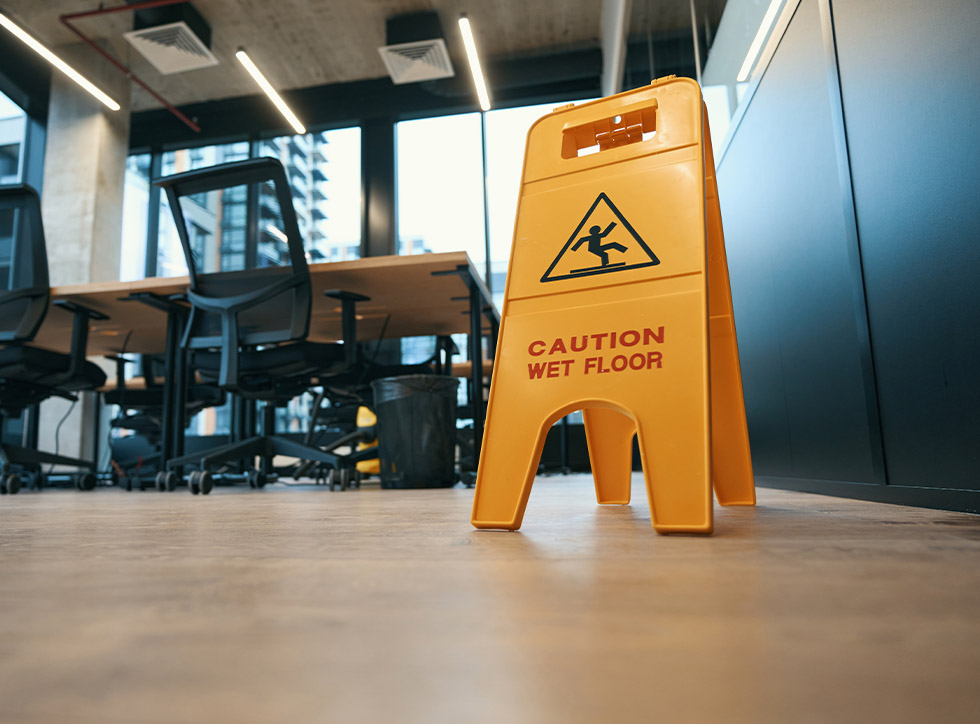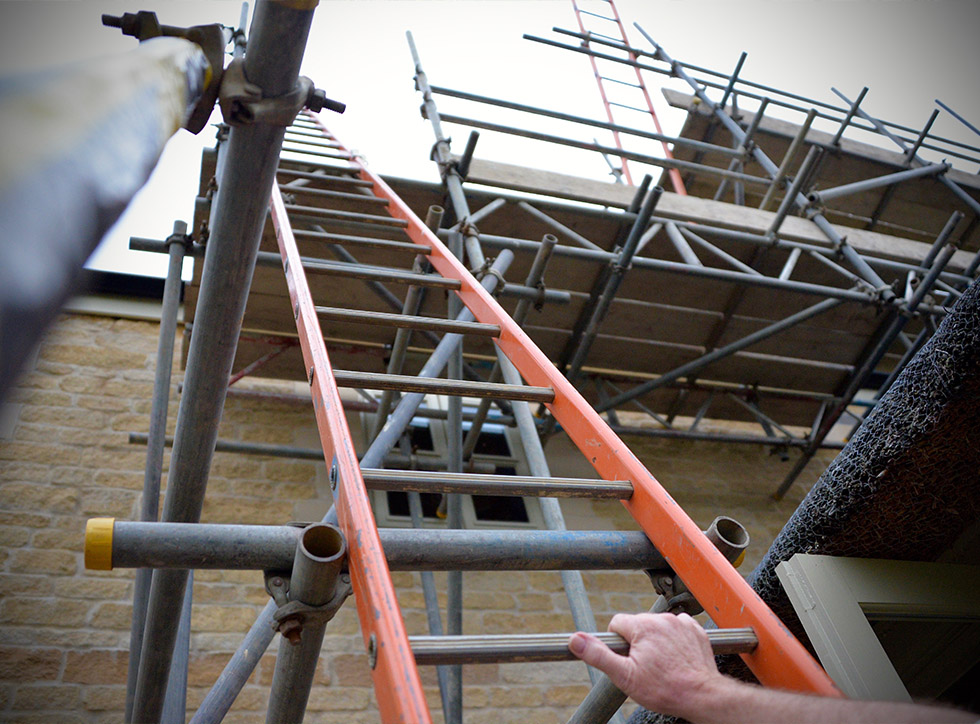- Home
- Attorneys
- Cases We Handle
- Slip & Falls
- Taxi accidents
- Motorcycle accidents
- Car Accidents
- Bus accidents
- Hazardous Stairways
- Train Accidents
- Medical Malpractice
- Personal Injury Lawyers for Truck Accidents in New York
- Elevator accidents
- Traumatic brain injury
- Bicycle, e-bike & motorized scooter accidents
- Scaffolding and ladder falls
- Nursing home neglect and abuse
- Construction Accidents
- School liability lawsuit
- Product liability Lawyer
- Municipal liability
- Cities Served
- After An Injury
- Contact
We handle numerous Personal Injury Cases in New York City
We provide the best areas of law for you, help you solve the problem.
Customers know of our unique legal strengths, our ability to effectively advocate a variety of difficult and complex cases.

Our law firm strives to obtain the optimal results for our injured clients to compensate them for the pain they have experienced. Our passion for client relations and helping those in need of quality legal representation during troubling times is the driving force of our law firm.
Copyright 2024 Gitelman Legal Group, All Right Reserved

















